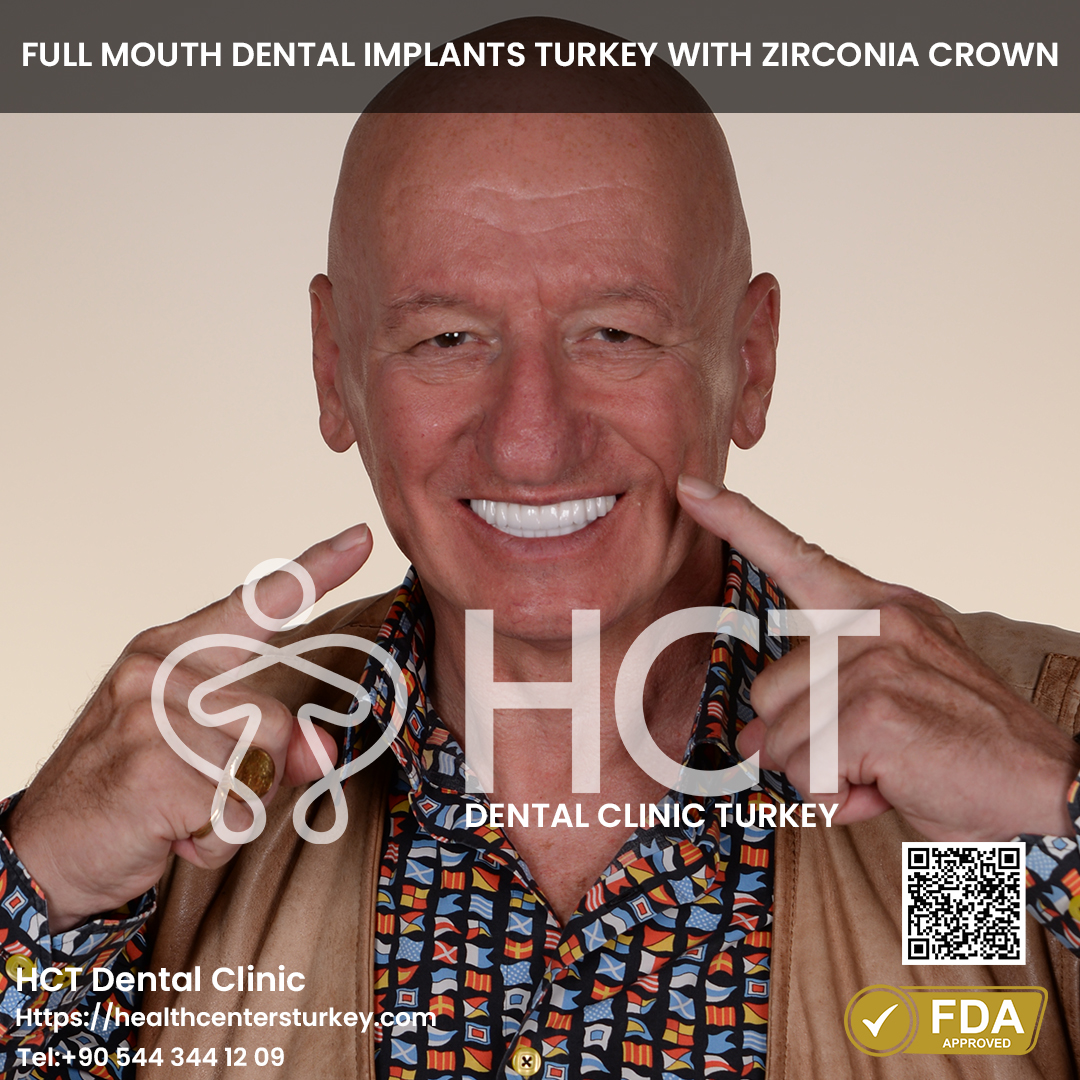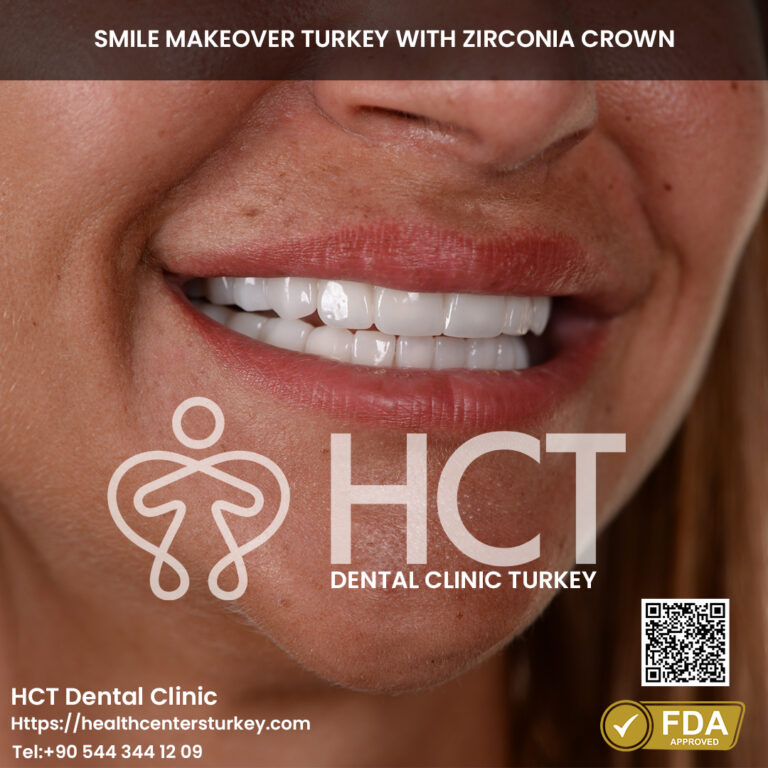Full-Service Oral Health Check-Ups throughout Antalya

Dental implants have turn into a focal point in modern dentistry, offering a dependable solution for these facing tooth loss. Among the a quantity of advantages they provide, one important aspect value contemplating is their impact on adjacent teeth. Understanding how dental implants have an effect on surrounding teeth aids in making informed choices about oral health.
When a tooth is lost, neighboring teeth can easily shift towards the space left behind. This motion can lead to misalignment, which compromises the general chew and performance of the mouth. Dental implants mimic natural tooth roots, thereby sustaining the position of adjacent teeth.
The Hub for Quality Dental Care at Low Costs
The stability offered by an implant is crucial, as it helps in preserving not simply the bodily alignment but also the structural integrity of the jawbone. When a tooth is missing, the underlying bone can begin to deteriorate due to lack of stimulation. An implant exerts strain on the bone throughout chewing, much like a natural tooth, which promotes bone health.
In some instances, a bridge or partial denture may be thought of as an alternative choice to implants. While these choices could restore some performance, they can place additional stress on neighboring teeth. Bridges often require submitting down the surrounding teeth to accommodate the anchors, thereby affecting their health over time. Dental implants, however, do not alter present teeth, making them a extra conservative choice.
Custom Dental Solutions for Patients Seeking Care in Turkey
Hygiene turns into one other critical factor when considering adjacent teeth within the context of implants. With dental implants, the person can maintain a regular hygiene routine similar to natural teeth. Flossing and brushing around the implant are simple, making certain that the gum tissue stays wholesome and minimizing the danger of gum disease that might adversely have an result on adjacent teeth.
Moreover, the supplies utilized in dental implants are biocompatible. This means they're designed to combine well with the body, reducing the chances of an antagonistic reaction. This attribute not only makes the implant safe but also protects nearby teeth from potential issues that would arise because of contamination or infection.
In terms of aesthetics, dental implants supply a natural appear and feel, intently resembling unique teeth. Adjacent teeth benefit from this aesthetic attraction as well. When an implant is positioned, the encircling gum tissue may be formed to imitate natural contours, thereby enhancing the overall appearance of the smile. This aesthetic factor can encourage individuals to invest in their oral care routines, benefiting both the implants and adjacent teeth in the long term.
Advanced Dental Technologies for Every Patient
Another concern is the potential for gum disease, which can have an effect on the health of adjacent teeth. Gum disease can occur when plaque builds up round teeth and implants. Regular dental visits and acceptable oral hygiene can mitigate this concern. The presence of implants can even serve as a motivator for better dental hygiene practices, as individuals turn into more aware of sustaining their general mouth health.
Studies have shown that dental implants can contribute to a significant improvement in quality of life. Patients usually expertise increased confidence and are less hesitant to smile or have interaction in social interactions. A wholesome and well-maintained smile indirectly promotes better take care of adjacent teeth, as people tend to become extra conscious of their general oral hygiene.
One often-overlooked aspect is the psychological impression of dental implants on sufferers. Knowing that implants supply long-term solutions can ease the nervousness associated with tooth loss. With fewer worries about future tooth shifts, patients usually have a tendency to make investments time and effort into caring for his or her teeth, which incorporates adjacent teeth.
In conclusion, dental implants function more than just a answer for missing teeth; they play a pivotal role in sustaining the health and integrity of adjacent teeth. From preventing misalignment to selling gum health and enhancing aesthetics, the benefits are manifold. By choosing implants, individuals cannot only restore performance but also foster a more healthy oral environment for surrounding teeth. The psychological and aesthetic advantages further contribute to an total enhanced quality of life.
Save Big on Cosmetic Procedures in Turkey
In the long term, understanding how dental implants have an effect on adjacent teeth can information individuals in making empowered selections regarding their dental health. The integration of those implants into the mouth acts as a stabilizing force, safeguarding each the physical alignment and functionality of neighboring teeth, whereas selling a long-lasting, healthy smile.
- Dental implants usually do not exert stress on adjacent teeth, maintaining their integrity and lowering the risk of shifting or misalignment.
- The placement of an implant usually encourages better oral hygiene habits, positively influencing the health of adjacent teeth via improved cleansing practices.
Comprehensive Dental Solutions for Your Dream Smile
- In some instances, dental implants can stimulate the encircling bone, which helps preserve the natural teeth's place and overall dental structure.

- The hole left by missing teeth can lead to bone loss; dental implants can prevent this, thereby protecting adjacent teeth from potential issues.
- Full-Service Dental Assessments in Antalya
Elevate Your Dental Aesthetics through Cosmetic Dentistry
- By restoring the perform of a missing tooth, implants help distribute chunk forces evenly, decreasing wear and stress on neighboring teeth.

- Properly positioned dental implants can act as a assist structure, stopping undesirable motion of adjacent teeth resulting from tooth loss.
- The presence of an implant might enhance the aesthetic appearance of surrounding teeth by filling in gaps and supporting facial structure.
Effective Smile Alignment Solutions available in Turkey
- Dental implants get rid of the necessity for adjacent teeth alteration, unlike bridges, which require reshaping the close by teeth for help.
- Implants also reduce the risk of gum disease in comparison with different tooth replacement choices, not directly benefiting adjacent teeth by promoting general oral health.
Most Recommended Dental Treatments for Overseas Patients in Turkey.
- Long-term success of dental implants is linked to the health of surrounding teeth, emphasizing the importance of regular dental check-ups and maintenance.
How do dental implants affect adjacent teeth?
Enjoy World-Class Dental Treatments while Visiting
What are dental implants and how do they work with adjacent teeth?undefinedDental implants are artificial tooth roots positioned into the jawbone to assist replacement teeth. They don’t affect adjacent teeth immediately, as they are independent structures. Instead, they may help preserve the integrity of surrounding teeth by stopping bone loss.
Can dental implants cause damage to adjacent teeth?undefinedIf positioned accurately, dental implants shouldn't harm adjacent teeth. However, improper placement can result in points like misalignment or strain, emphasizing look here the importance of choosing an skilled dental skilled.
Will dental implants promote bone progress around adjacent teeth?undefinedYes, dental implants assist stimulate the jawbone, which may encourage bone progress. This can benefit adjacent teeth by sustaining bone density and stability in the area.
Affordable Dental Veneers for Patients
Should I fear about gum disease affecting adjacent teeth after getting an implant?undefinedGood oral hygiene is crucial after getting an implant. Gum disease can nonetheless affect adjacent teeth, but a properly maintained implant doesn't improve that risk. Regular dental visits can help monitor and preserve gum health.
What happens to adjacent teeth if I lose a dental implant?undefinedIf a dental implant fails or is lost, adjacent teeth could shift because of changes in chunk alignment and help structure. This could result in misalignment or further tooth loss if not addressed.
Are there any particular care necessities for adjacent teeth after getting implants?undefinedMaintaining good oral hygiene practices, including common brushing, flossing, and dental check-ups, is important for each dental implants and adjacent teeth to stop decay and gum disease.
What Makes Turkey Dental Treatments
Do dental implants assist support adjacent teeth when chewing?undefinedAbsolutely. Implants can enhance general chunk perform, which can alleviate stress on article source adjacent teeth throughout chewing. This can lead to higher distribution of forces, promoting oral health.
How can I prevent issues with adjacent teeth and implants?undefinedConsistent dental care, together with professional cleanings and examinations, common brushing and flossing, and following your dentist’s aftercare instructions, are key to stopping complications.
Can adjacent teeth transfer if I even have a dental implant?undefinedAdjacent teeth could move if they do not seem to be well-supported, particularly after tooth loss. A dental implant helps keep the structure, lowering the danger of shifting teeth.
Comments on “Competitive Cosmetic Dental Veneers for Patients”